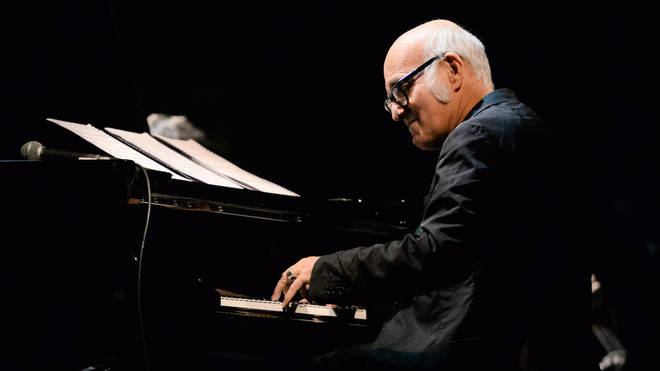To say this year has been a crap fest so far would be an understatement. It started positively with coming through my surgery successfully. In February several things happened at once that resulted in me having a nervous breakdown. A week after this happened I had a dissociative fugue episode in response to extreme stress which really scared me. I had to make some tough decisions. One of these was to increase my antidepressants again. They are not back to the level they were before I decreased them last year so I still feel good about that. I also had a temporary increase in my antipsychotic medication just to get me through the first month following the breakdown. I also took measures to remove myself from any situations that caused me stress that weren’t essential to my life.
Initially I tried to gain some control back by restricting my eating. I reached the point where I was feeling faint from lack of food. I realised that I was in real danger of developing a full blown eating disorder. To avoid this happening I made the hard decision to let my membership of Slimming World lapse. I’ve been a member since August 2017 and I have a lot of friends there. I’ve also put the scales away as I was obsessively weighing and stressing over every little gain. I’m now just going to go by how my clothes feel. Since making this decision I may have put on a few pounds but I think everyone close to me would agree that I needed to.
The breakdown also caused me to go into a flare up of my fibromyalgia. This has been difficult to deal with as the only thing that helps is graded exercise. I went to hydrotherapy once a week but this wasn’t enough. I just didn’t have the mental strength to get started. It’s taken me 8 weeks to get back to swimming and it’s going to be another few weeks before I feel any benefit in terms of pain relief.
In the past, music has played a huge role in my mental wellbeing. It was just by chance that I discovered that there was a current UK tour of Jesus Christ Superstar. I managed to get a ticket for a show locally a few weeks after my breakdown. When I checked the cast I realised that the person playing Jesus was the actor I saw in We Will Rock You last summer; Ian McIntosh. He was really good in his role as Galileo so I was looking forward to seeing him again. Ian was amazing last summer but was on a whole other level in JCS. When I go to the theatre I usually find that there are one or two stand out performances but in this production the whole cast were superb. I think seeing this show was the start of my recovery.
This is where my autism kicks in. I booked immediately to go again in a not so local location. This time I took my elder daughter with me. It was a lovely day out and I enjoyed it just as much a second time and saw all sorts of things I missed the first time. I think you can see where this is going. I’ve booked for another 2 shows, one in May and the last one in August. I posted on Facebook about this current ‘special interest’ in the JCS group and started talking to one lady who has been to see it 7 times already but her reason for this is that her son is in the ensemble cast. I mentioned about not having the courage to try and meet some of the cast at the stage door but she reassured me that they are all really friendly so I might try it. I’d just really like to thank them for getting me through this crap year. I’ll probably chicken out though when the time comes.
This week is the first week where I actually feel like I’m almost back to normal. My enthusiasm for life seems to have returned. I’ve been swimming and I’ve practised the piano every day. Music really helps and I’m considering taking up the flute again. I looked into getting the flute from my school days overhauled but was told it would cost more to overhaul it than it’s worth. Apparently flute technology has moved on in the last 30 years so it would be better to spend the money buying a new one. It will take me a while to save up my fun money (I’ve spent most of it on theatre tickets and train travel!) so I will spend that time practising on my old flute and see if this is just a passing phase or a serious thing that I want to pursue.
This year has been tough and once again my neurodivergent brain has been responsible for many of the challenges I’ve faced. I’ve been very lucky to have had the support of my amazing family and friends and I can now look forward to the rest of the year with happiness in my heart.


